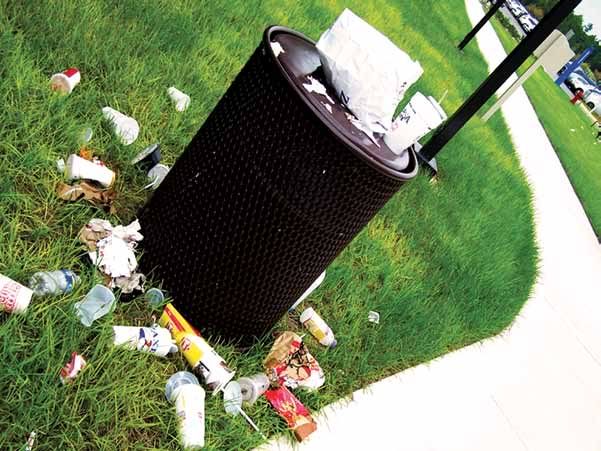
When you throw that half-full cup of Starbucks coffee into the recycling bin, you may feel popular and all together benevolent, right? At least you may think offhandedly that it couldn’t hurt. Or could it? But are what you think of as “green” actions really accomplishing anything of real significance?
Being a well-informed recycler could immensely decrease your carbon footprint and make all of that time-consuming sorting more efficient and productive for the Earth.
A guideline has been created to help participating citizens know what type of items they can recycle, what they must do in preparation to the items before recycling and where to drop off those items which are not commonly accepted.
Unfortunately many are unaware of this guideline, which is available at ecovillagegreen.com, and your recycling efforts could lead to your once-renewable items being tossed in the landfill.
Currently UNF offers a recycling service for students living either on or off campus. Although the system is mainly intended for housing students, those living off campus are able to drop off their recycling in the bins on campus as well.
“We want to make it easy on students to recycle their waste,” Director of the Environmental Center Radha Pyati said. “What students should remember to regularly recycle are aluminum cans, plastic ones and newspapers and paper.”
UNF’s recycling services accepts these types of items, but for everything else, you may have to do a little research.
For items like plastics No. 5, electronic items and plastic bags, the city recycling centers will provide you with somewhere that will accept them, although the inconvenience of doing so is what triggers people to cheat, Pyati said.
“I’m certainly in favor of student recycling, and many individuals work very hard to make it effective,” Director of Environmental Safety Daniel Endicott said.
Although some students have some qualms with the system, UNF freshman business student Joe Amato said he tries to recycle.
“The trash bins in the Crossings are always full, and the same goes for the recycling. My roommates and I recycle, but
I honestly don’t really know anything about how to do it properly,” he said.
Pyati realizes that this overflow of waste can be a problem, but she recommends holding onto your recycling until there is room, and to not cave into the pressures of convenience by tossing it in the Dumpster.
As far as what is “properly” recyclable, some common mistakes include sticking a pizza box with the giant oil stain in the cardboard bin, as the food residue will taint the paper that is recycled from this. Also, napkins, paper towels, plastic cups, wet newspapers, sticky notes and postage stamps are not recyclable. To be safe, wash out items that can be washed thoroughly to prevent contamination, according to earth911.org.
Despite the intensive recycling rule following that you may partake in, the main thing to consider is your overall waste production percentage, Pyati said.
“If every student would note the amount of trash in their trash bin, and try to reduce it by 20 percent, then you’ve successfully matched the campus recycling diversion rate of 20-21 percent,” Pyati said.
This diversion rate means that around 20 percent of what could have easily ended up in the landfill gets diverted into the recycling system.
“Trying to reduce your amount of personal waste production while also recycling all that you can [properly] recycle will really make a difference,” Pyati said.
Gov. Charlie Crist has set a diversion rate goal of 75 percent for all Florida agencies by 2020, which is quite significant, Pyati said.
In an effort to advocate this “green” goal as well as to educate students on the matter, Garbage on the Green has been implemented. This waste audit recycling event is in its third year with its next showcase planned for Oct. 24 on the Green.
The event involves some major shock value. Different areas around campus are probed and prodded for trash items that could be diverted into the recycling system. The results are measured and recorded, and each year, Pyati hopes to see the diversion rate go up.
UNF’s aiming to be a very “green” campus, but it takes effort on the part of students, faculty and staff, Pyati said.
“Here’s an anecdote, I used to buy those frozen meals and bring them into work for lunch everyday, then I realized that I can’t even recycle the packaging, and over five days I’ve practically filled up my trash bin. Now I opt for bringing in something quick in a Tupperware container that I reuse,” Pyati said.
One no-sweat green practice Pyati mentioned was going trayless at the Osprey Café. This saves a ton of water in dirty dishes. A site she highly recommends going to is preserveproducts.com where you will find all the information you need to carry on the recycling flame as well as ideas for cinch green practices, she said.
In regards to CO2 emissions released by recycling trucks en route, Pyati said emissions do exist and affect the environment but are not significant enough to rule out recycling as a green practice.
Every day scientists and engineers are developing ways to make better use out of recycling, Pyati said, but until that time, all we can do is be conscious of our personal waste production and exploit the pulp out of the current system.



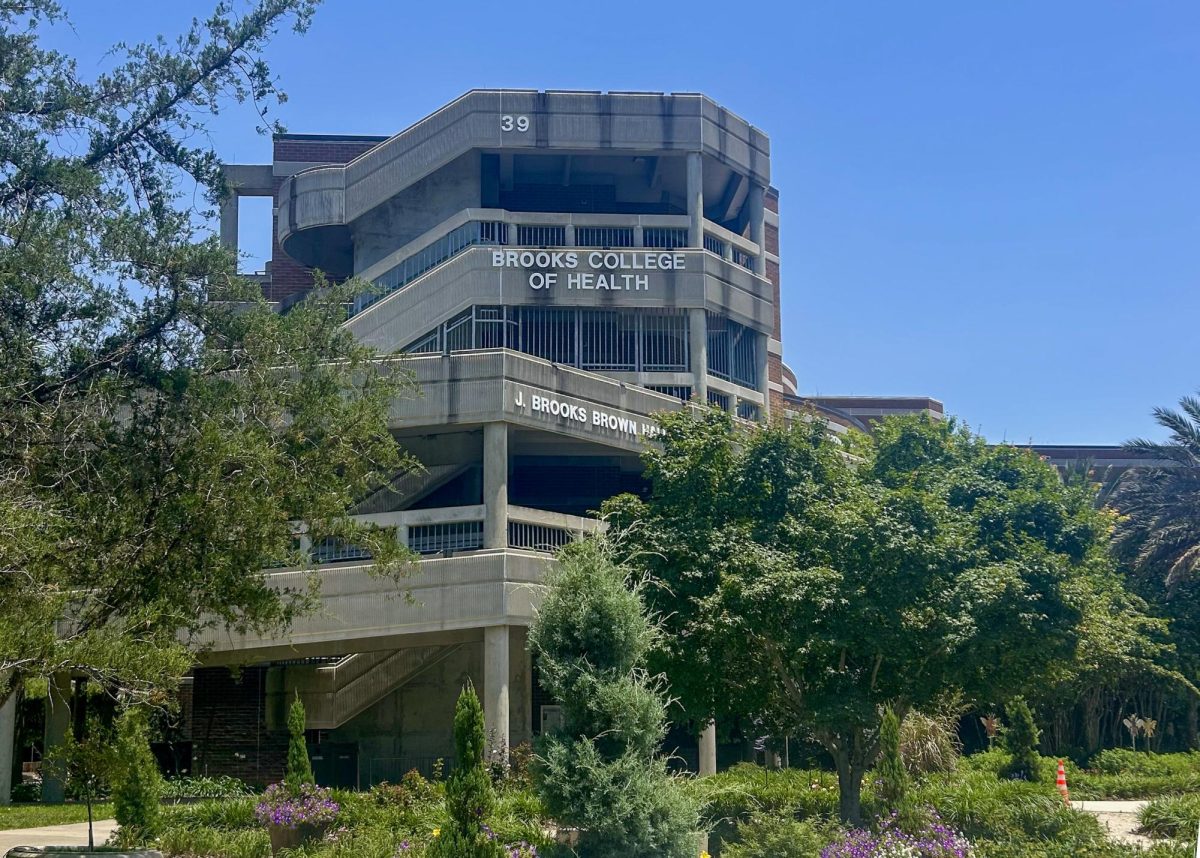




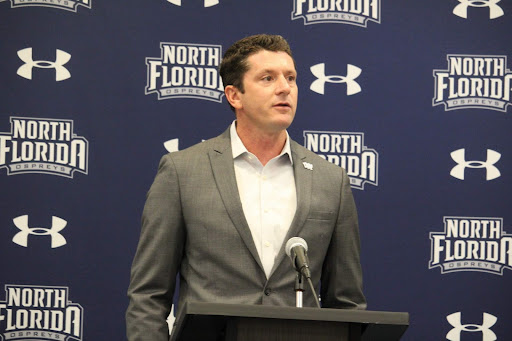
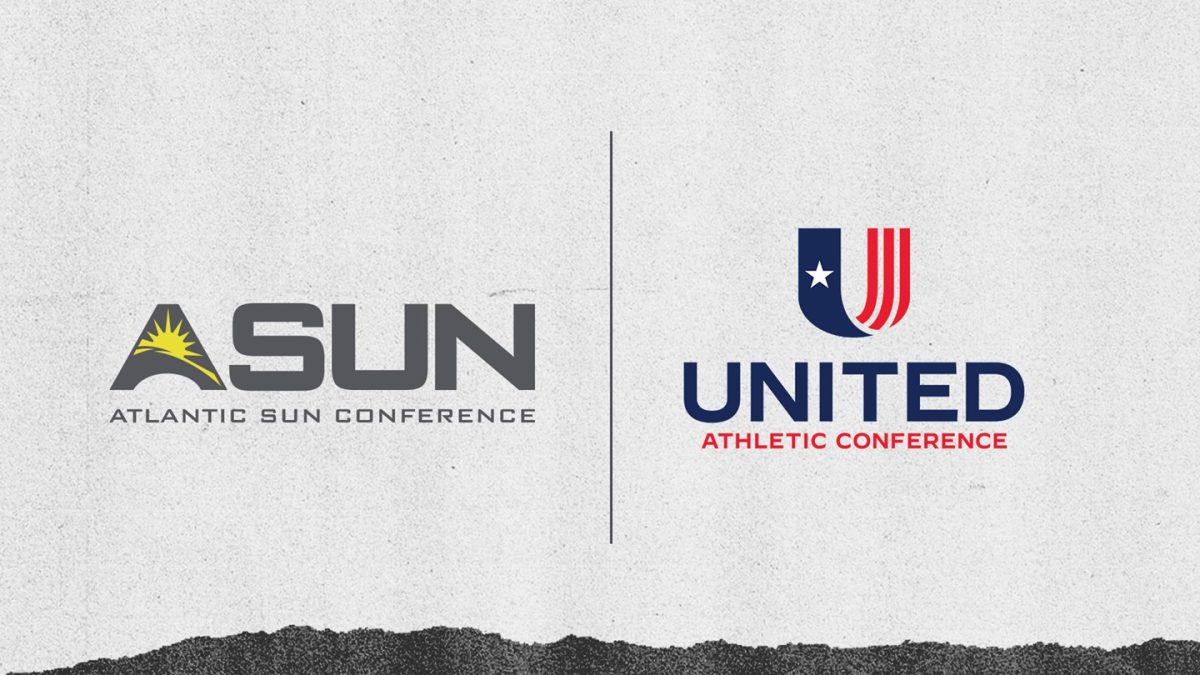
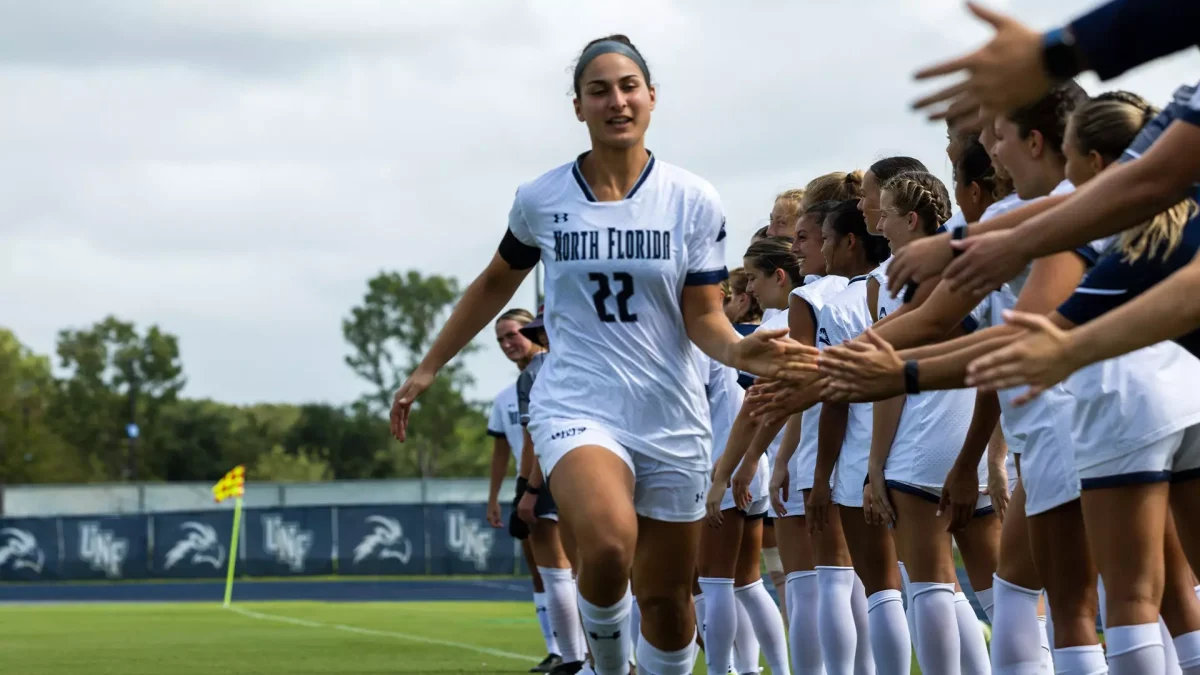

Gerald Grant | Nov 19, 2009 at 11:59 pm
Many institutions are employing consultants like ourselves to provide full waste audits and waste reduction workplans. With the statistics on materials being generated and the knowledge of what marketing and equipment works in the field a facility may be able to double the recycling rates that you are currently experiencing. From here it is amazing what else can be accomplished with a fresh set of eyes looking at other opportunities for improved environmental sustainability.
All the best from us at Spinnaker Recycling Corp.